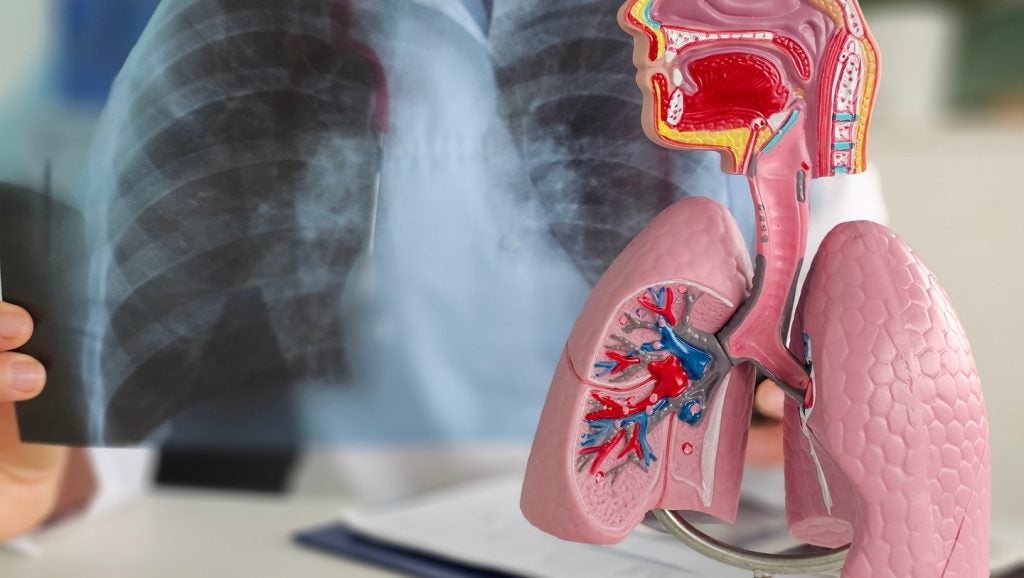Insmed has received approval from the European Commission (EC) for Brinsupri (brensocatib 25 mg tablets) to treat non-cystic fibrosis bronchiectasis (NCFB) in patients aged 12 and above with two or more exacerbations in the year preceding treatment.
This is the first approved treatment for NCFB in the European Union (EU).
Approval followed evaluation of data from the Phase III Aspen and Phase II Willow studies published in the New England Journal of Medicine.
In the Aspen study, brensocatib 25 mg reduced the annual exacerbation rate by 19.4% versus placebo and significantly prolonged the time to first exacerbation.
Patients also experienced reduced decline in lung function at week 52 compared to placebo.
Common adverse reactions reported were hyperkeratosis (5.9%), headache (9.2%), rash (4.1%), dermatitis (4.2%), dry skin (3%) and upper respiratory infections (3.9%).
NCFB is a progressive, chronic lung disease, causing permanent airway widening, which hampers mucus and bacteria clearance, leading to infection and inflammation.
Insmed chief medical officer Martina Flammer stated: “At Insmed, our mission has always been to bring new therapies to underserved patient communities. With brensocatib, we now have the first treatment for non-cystic fibrosis bronchiectasis approved in the EU — a historically overlooked population with long-standing unmet medical needs.”
“The accelerated approval reflects the strength of the data and the potential to become the new standard of care for treating patients with non-cystic fibrosis bronchiectasis who had at least two prior exacerbations. We are grateful to the patients, clinicians and partners who made this milestone possible.”
On 16 October 2025, the European Medicines Agency’s Committee for Medicinal Products for Human Use issued positive opinion for Brinsupri.
Insmed will work with EU authorities to enable access to eligible patients from early 2026.
Concurrent submissions are under review by the UK Medicines and Healthcare products Regulatory Agency and Japan’s Pharmaceuticals and Medical Devices Agency.









